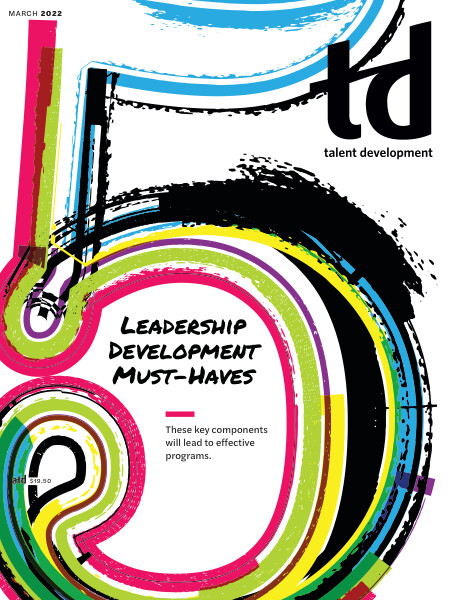TD Magazine Article
Factor Personalities Into Return-to-Office Plans
Introverted individuals may find full-time in-office work counterproductive.
Mon Feb 28 2022

The past two years have been an experiment in rethinking the workplace. For some, particularly introverts, the shift to working remotely was desirable. As companies move forward with return-to-office and hybrid work plans, the Myers-Briggs Company encourages leaders to support introverted employees and advises introverted employees to speak up about where they work best.
A late 2021 Myers-Briggs blog post points out that more than half of people in the world have a preference for introversion. What that means, though, could be misunderstood, says Myers-Briggs senior consultant Michael Segovia. In the blog post, he notes that "On the Myers-Briggs Type Indicator, Extroversion and Introversion are defined in terms of how we like or prefer to direct and receive energy." He further explains that introverts gain energy from being able to concentrate, whereas extroverts gain their energy from interactions.
How does that relate to return-to-office plans? The Myers-Briggs Company contends that people can't perform well or succeed if they can't be their true selves in the workplace. The company's "Introversion 2.0: Reshaping the Way We Work" tip sheet offers nine ways to help both managers and introverted workers feel good about returning to the office.
Among them is people leaders being skilled at listening with empathy and understanding which employees work best from home. "Flexibility and experimentation is key. Don't force the same model on everyone." According to Myers-Briggs research, introverts have elevated concerns about returning to the office, in part because of the distracting environment. That's where leaders can listen and demonstrate support.
"If they say they need easier access to quiet time, for example, take it seriously," the tip sheet advises. "This is how you help your employees stay engaged with their role—and your organization." If working from home isn't an option, leaders should seek introverts' input for ideas on where to include quiet spaces in the office floor plan.
Additionally, Myers-Briggs experts highlight the importance of people leaders being aware of their biases. According to the tip sheet, "Leaders tend to be people who prefer Extraversion." Leaders can mitigate that bias with self-awareness training.
The Myers-Briggs Company likewise encourages introverted employees to own their preferences and speak up about what they need. "Don't apologize for who you are and don't be embarrassed to ask for help," Segovia adds.

